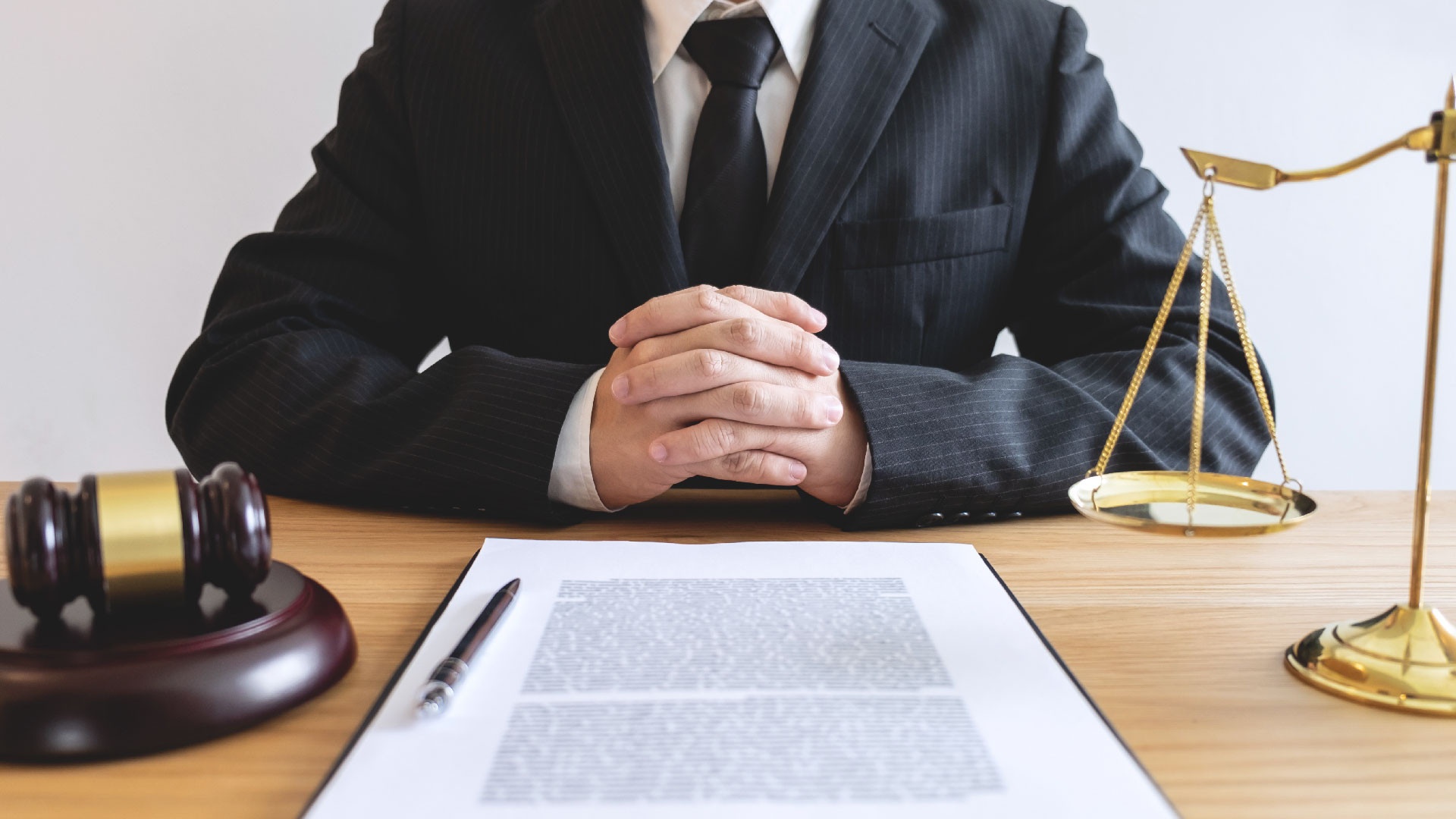Waivers, Motions, and Consular Processing
Waivers
Legislation following IIRAIRA, together with events related to September 11, 2001, continue updating the immigration rules and all regulations related to waivers of inadmissibility or unlawful presence.
Criminal and Related Grounds
Some grounds of inadmissibility by the foreign nationals are related to criminal convictions regarding either a crime involving moral turpitude (CIMT) or a violation of any law. These inadmissibility factors may also: misrepresentation grounds (e.g., procuring a visa by fraud or willful misrepresentation of a material fact)
I-601A—Waiver for Unlawful Presence
A person who entered into the United States without inspection or were not admitted, or paroled is unlawfully present. Despite there are some exceptions to the unlawful presence, this ground of inadmissibility may give a person either three or ten-year bar exclusion (e.g., more than 180 until 365 days—three-year bar; more than one-year, ten-year bar).
Thus, certain immigrant visa applicants who are relatives of U.S. citizens or lawful permanent residents may use the Form I-601A to request a provisional waiver of the unlawful presence grounds of inadmissibility under Immigration and Nationality Act Section 212 (a)(9)(B), before departing the United States to appear at a U.S. Embassy or Consulate for an immigrant visa interview. The waiver must satisfy the standard of Extreme Hardship for a qualifying relative, the applicant bears the burden of establishing eligibility for the waiver
I-601— Application for Waiver of Grounds of Inadmissibility

If a person is inadmissible to the United States and is seeking an immigrant visa, adjustment of status, certain nonimmigrant statuses, or certain other immigration benefits, he or she must file Form I-601 which is a waiver of certain grounds of inadmissibility.
Section 212(d)(3) of the INA allows the immigration officers of the U.S. Department of Homeland Security to waive most grounds of inadmissibility to those who are applying for a nonimmigrant visa. Also, these waivers are available for a person who is applying for immigrant visas or adjustment of status. These waivers are available also to permanent residents who are within removal proceedings. The Court held in Matter of Cervantes-Gonzales, a list of nonexclusive factors relevant to determining extreme hardship in order for a person be entitled to a waiver, among the others are: The presence of USC/LPR family ties in the United States; The qualifying relative’s family ties outside the United States; and Country conditions in the country of relocation and the qualifying relative’s ties to that country;
Cancellation of Removal for Lawful Permanent Residents and Non-Lawful Residents
There are also options available for persons who are LPRs or Non-LPRs who are in removal proceedings. The respondent may obtain cancellation of removal if he or she satisfy the standards ad factors stated in the law (e.g., exceptional and extremely unusual hardship).


Motion to Reconsider
A motion to reconsider “shall specify the errors of law or fact in the previous order and shall be supported by pertinent authority.” INA §240(c)(6)(C). It is a “request that the Board reexamine its decision in light of additional legal arguments, a change of law, or perhaps an argument or aspect of the case which was overlooked.”
Motion to Reopen
A motion to reopen “shall state the new facts that will be proven at a hearing to be held if the motion is granted and shall be supported by affidavits or other evidentiary material.” INA §240(c)(7)(B). This specific motion must show that the new fact is: (1) material; (2) was unavailable at time of original hearing; and (3) could not have been discovered or presented at the original hearing. 8 CFR §1003.2(c)(1). Bing Quan Lin v. U.S. Att’y Gen.


Consular Review
There are two levels of examination for nonimmigrants who are applying for a visa to enter the U.S. First, the applicant submits electronic Form DS-160 unless otherwise directed by a officer at the consulate to submit instead the DS-156. Second, a Nonimmigrant Visa’s interview must be obtained at a U.S. consulate unless the applicant is visa exempt.
Our legal office will stay on point during all stages of our client’s process including the consular processing.
Adjustment of Status (AOS) vs. Consular Processing Abroad
When counsel is representing a client who is applying to obtain his or her immigrant status, the attorney has to take the decision whether the client should apply for AOS while still remaining in the United States or whether the client should apply for his or her immigrant visa through a consular process in his or her original country.
All of these above legal proceedings are very difficult to understand. Definitely, the person who is involved in removal proceedings; or is seeking to adjust status when having grounds of inadmissibility or of unlawful presence or is entitled to cancellation of removal shall be represented by an immigration lawyer with experience in these particular aspects of the immigration law. Mr. Victoria has obtained experience in court proceedings and filing motions and waivers through his different jobs as a lawyer in recognized law firms and non-profits in Florida, USA.


